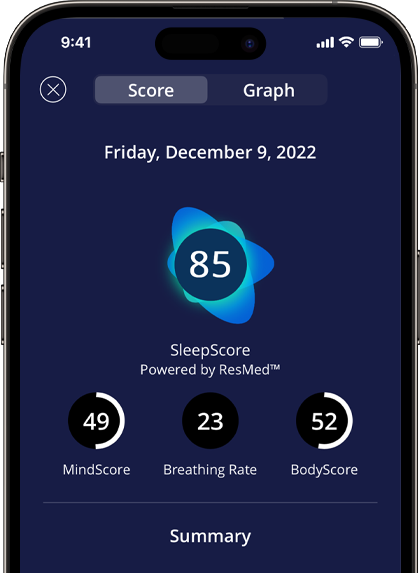7 Ways to Get Better Sleep During Periods

Cramps, headaches, breast tenderness, heavy bleeding; these menstrual symptoms are notorious for preventing a restful night’s sleep. If you’re like 30% of American women who lose quality sleep every month, this article contains tips for managing your symptoms and getting the rest you need.
What happens to your body during your period?
Menstrual cycles last from 25 to 35 days, with an average of 28 days for most healthy women. Fluctuation in four key hormones mark phases of the cycle and account for many of the symptoms women experience. A cycle begins on the first day of menstrual flow when levels of estrogen and progesterone are low. During the follicular phase (days 2-13), estrogen rises, leading to ovulation (day 14). The post-ovulation luteal phase (days 15-28) sees an increase in progesterone before hormone levels drop and a new cycle begins with the start of menstruation.
Why am I Tired on My Period?
Progesterone is linked to both an increase in body temperature and fatigue – two classic symptoms of premenstrual syndrome (PMS). This is why you may feel exhausted but have trouble sleeping in the days leading up to your period. A drop in body temperature signals that it’s time to sleep. If your hormones are keeping you warmer than normal, it’s harder to naturally drift off.
While most women report difficulty sleeping in the days leading up to their period and the first few days of menstruation, interestingly, laboratory sleep studies have shown that sleep composition remains mostly consistent across the menstrual cycle. However, women taking oral contraceptives have less deep sleep and might experience more REM sleep, and If you’re wondering “How does SleepScore app work?” the app will tell you how much deep sleep you got that night.
It may be that synthetic hormones have more influence on sleep than naturally occurring hormones involved in the menstrual cycle. That said, women who take oral contraceptives do not seem to experience self-reported sleep disturbances to the same extent as women who do not use oral contraceptives.
PMS, PMDD, and sleep
While as many as 80% of women report experiencing premenstrual symptoms (not all of which affect sleep), 3-8% of otherwise healthy women experience a more severe condition called premenstrual dysphoric disorder (PMDD). Symptoms of this at times debilitating condition include sleep disturbances, either hypersomnia (excessive sleepiness) or insomnia. High nighttime body temperatures, as well as chills and sweats, have been reported in women with severe PMS or PMDD as well. Needless to say, all of the above can present a problem for getting a good night’s sleep.
Tips on How to Sleep During Periods
The good news is women living with mild to severe menstrual symptoms can find relief. Here are some tips for handling what can be an uncomfortable monthly experience.
- Yoga: Studies show that yoga can help reduce pain associated with menstrual cramping. Doing a few stretches before bed can ease your body into relaxation for sleep.
- Heat therapy: If you experience cramps or lower back pain, try a warm water bottle or heat wrap for relief.
- Sleep in the fetal position: If you’re normally a back or stomach sleeper, try rolling to your side and tucking in your arms and legs. This position takes pressure off your abdominal muscles and is the best sleeping position to relieve tension that can make cramping worse.
- Keep your bedroom cool: Hormones that elevate your body temperature during parts of your cycle might make falling asleep difficult. Keep your bedroom between 60-68 degrees for a cool sleeping climate.
- De-stress before bed: Many women experience negative mood symptoms in the days leading up to menstruation. If stress is keeping you up at night, try listening to calming music or a white noise machine or maybe wind down with a warm shower or essential oils before bed.
- Maintain good sleep hygiene: If you’re having trouble sleeping during your period, practicing good sleep hygiene can only help. Use blue-light-blocking glasses or reduce screen time before bed, establish a nighttime routine, and try to keep a consistent bedtime.
- Keep a sleep diary: If you are concerned about how your menstrual cycle might be affecting your sleep, try keeping a sleep diary for a month. You can track how changes in symptoms might be related to the quality of your nighttime rest.


